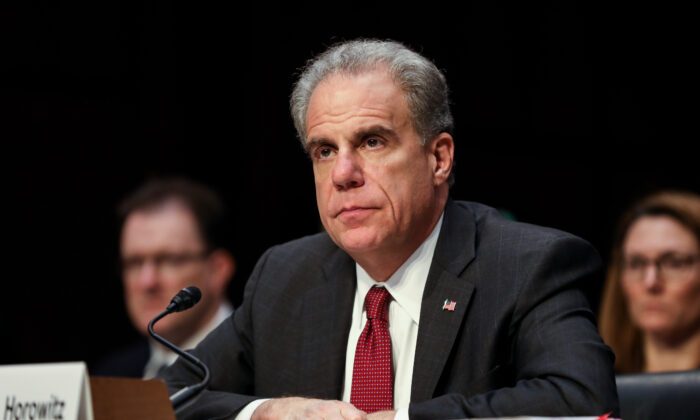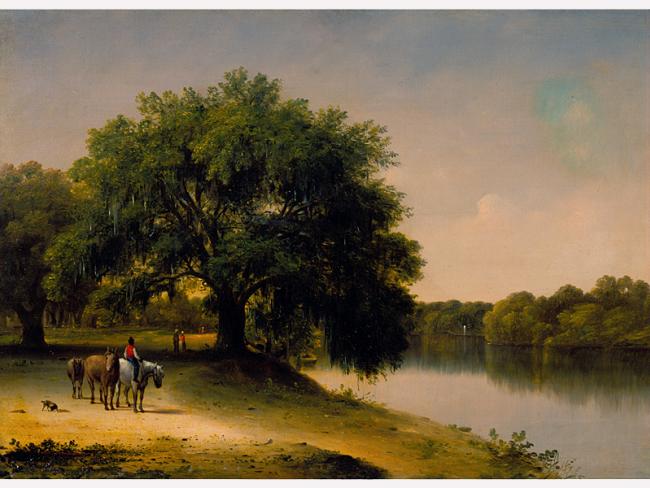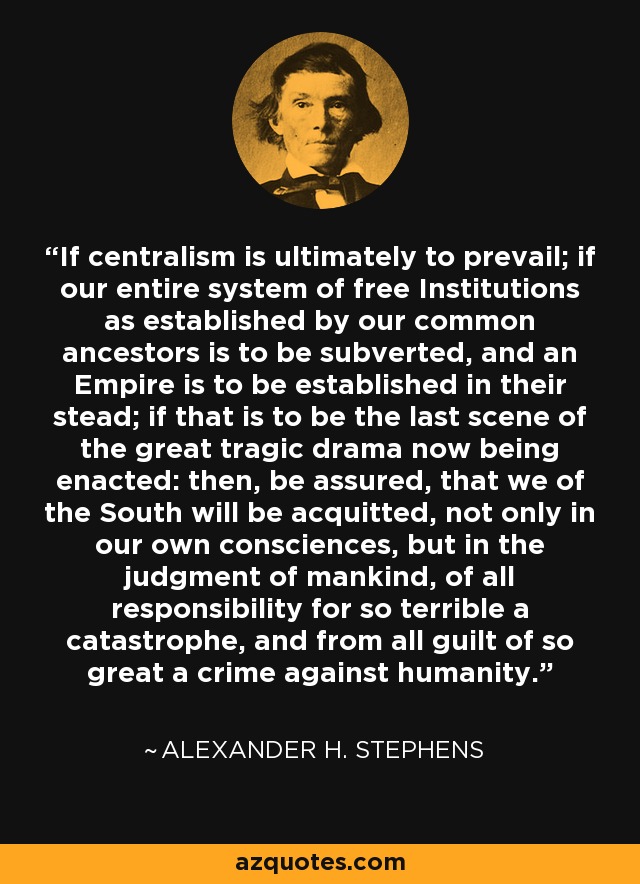A review of
Burden of Dependency: Colonial Themes in Southern Economic Thought (Johns Hopkins, 1992) by Joseph Persky
An Under-Appreciated Book
In 1973, the young economist Joseph J. Persky wrote piece in
Southern Exposure with a promising title: “The South: A Colony at Home.” He recalls thinking at the time that he was in “some sort of “vanguard.”
[1]
I read the piece when it came out and made a note to watch for further
work by Persky. Meanwhile, he discovered that he was going over
well-trodden ground,
[2] but stuck with his topic, producing in 1992 a powerful treatment of the theme of the South as an internal colony.
I’m afraid I missed the arrival of his book and only stumbled on it
recently. Having caught up, I can say that it is evenhanded, scholarly,
and focused, even if destined to annoy the friends of what we might call
Official Free Trade. A quick survey on a dreaded “search engine” turns
up few reviews of the book. On the other hand, we find it much cited in
the literature on dependency studies. What the book lacks in Germanic
bulk, it makes up for with concise and well-executed analysis.




